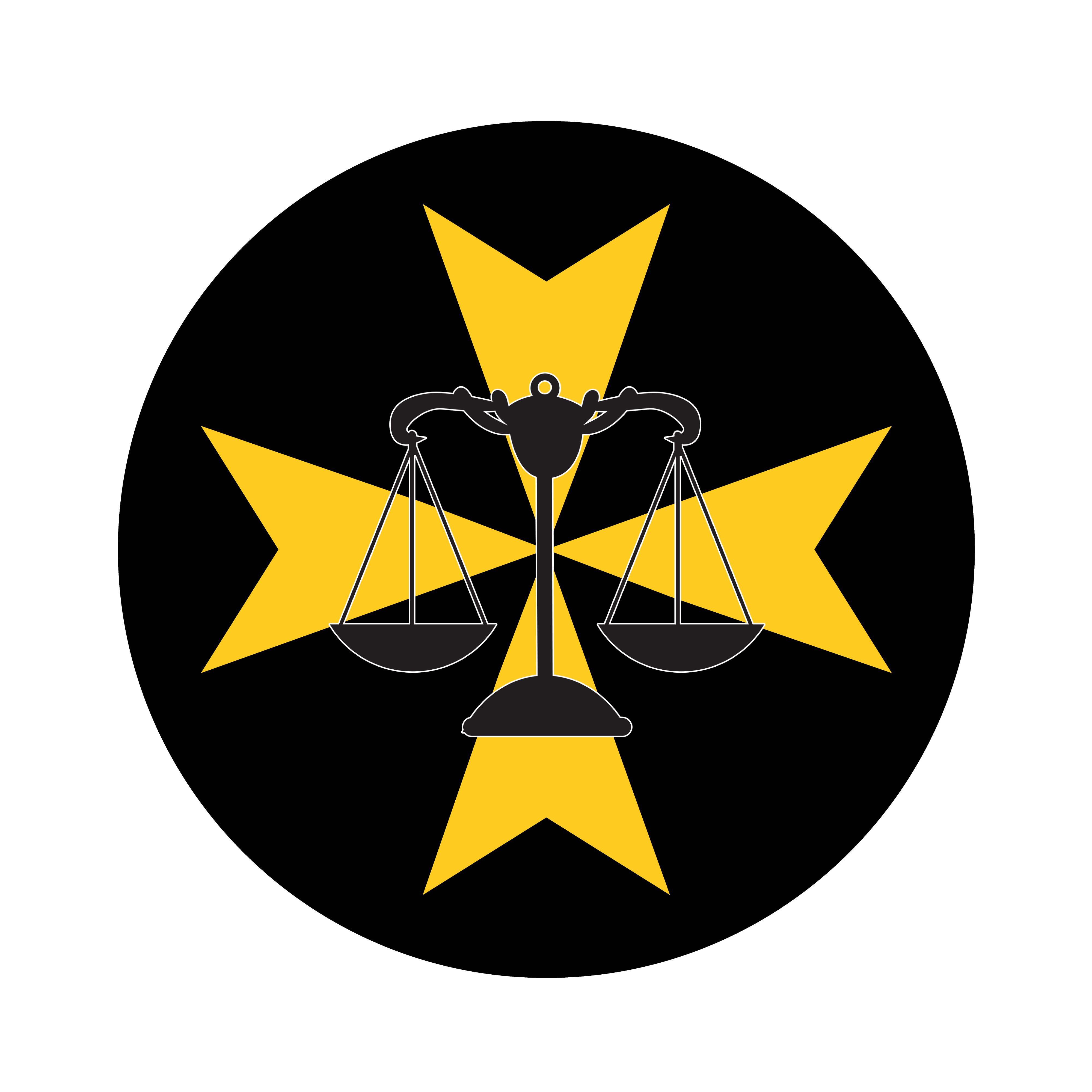Court of Magistrates
The Court of Magistrates is the work horse of the criminal justice system. It is the court where the greatest number of criminal cases, from the very trivial to the very serious, are decided. A Magistrate sits, alone, in this court, the only exception being when the court sits as a Juvenile Court in which case the Magistrate sits with two lay assistants.
The Court of Magistrates has both a civil and a criminal jurisdiction. It hears civil cases which exceed the competence of the Small Claims Tribunal but which do not fall within the competence of the First Hall of the Civil Court.
In its criminal jurisdiction, this court has a twofold competence. As a court of criminal judicature it deals with all cases where the punishment for the alleged offence does not exceed two years imprisonment. However, with the consent of the Attorney General and of the accused, the Court of Magistrates as a Court of Criminal Judicature may determine cases where the offence carries a punishment not exceeding twelve years imprisonment. As a court of criminal inquiry it collects the evidence brought by the police against a person charged with an offence falling within the competence of the Criminal Court. At the end of this inquiry the court – now styled Court of Magistrates as a Court of Criminal Inquiry – has to decide whether or not there is sufficient evidence for a Bill of Indictment to be filed by the Attorney General before the Criminal Court. These proceedings before the Court of Magistrates as a Court of Criminal Inquiry (sometimes called compilation or committal proceedings) must not be confused with the so called magisterial inquiry. A magisterial inquiry (technically called “Inquiry relating to the in genere”) is carried out not by the “court” but by a Magistrate acting in an investigative capacity. In a magisterial inquiry no person will as yet have been charged by the police before the court, although there may be suspects; the main purpose of the magisterial inquiry is to preserve the material traces of an offence or to inquire into a suspicious or violent death or a death the cause whereof is unknown, while at the same time examining what evidence is available to determine whether any person should in fact be charged in connection with any offence.
Recent amendments to the Criminal Code now require the involvement of the Magistrate – again, not of the Court of Magistrates – at various stages of the police investigation into certain offences. Search and arrest warrants are now issued by Magistrates where formerly they were issued by police inspectors. Magistrates have also to authorise, in certain cases, the continued detention of a suspect for purposes of investigation and must also be present for certain procedures, such as identification parades.
The Court of Magistrates sits both in Malta and in Gozo. In Malta it is styled Court of Magistrates (Malta) and in Gozo Court of Magistrates (Gozo). For more information on the Court of Magistrates (Gozo), see under “Gozo Courts”. When the Court of Magistrates (Malta) sits to hear applications for the extradition of persons from Malta to other countries, it is called Court of Committal (in Maltese, Qorti Rimandanti).
The Juvenile Court established under the Juvenile Court Act (Cap. 287) is deemed by law to be a Court of Magistrates. It hears criminal cases brought against persons who are under the age of sixteen years. It also hears appeals against care orders made by the minister responsible for social welfare under the Children and Young Persons (Care Orders) Act (Cap. 285). In the Juvenile Court the Magistrate sits with two lay assistants, one of whom must be a woman. The Juvenile Court holds sittings both in Malta and in Gozo.
The Court of Magistrates also hears appeals from decisions of the Commissioners of Justice.

